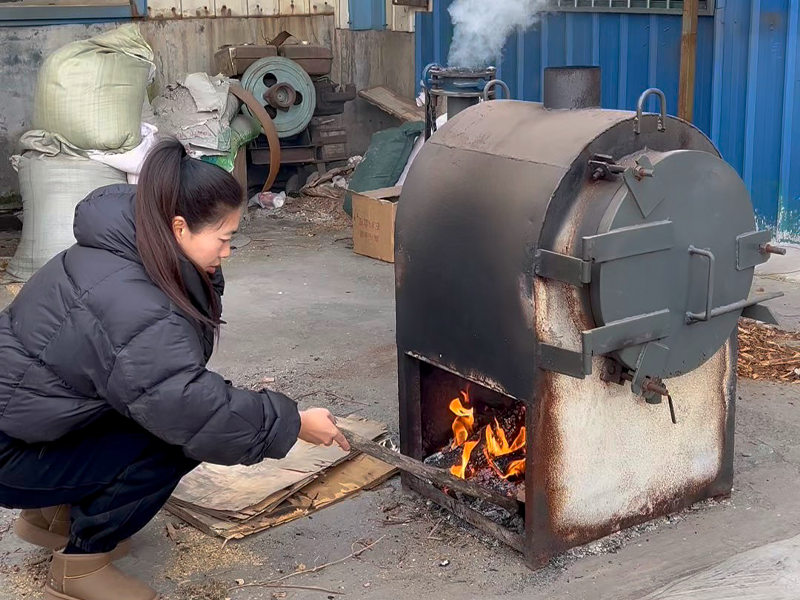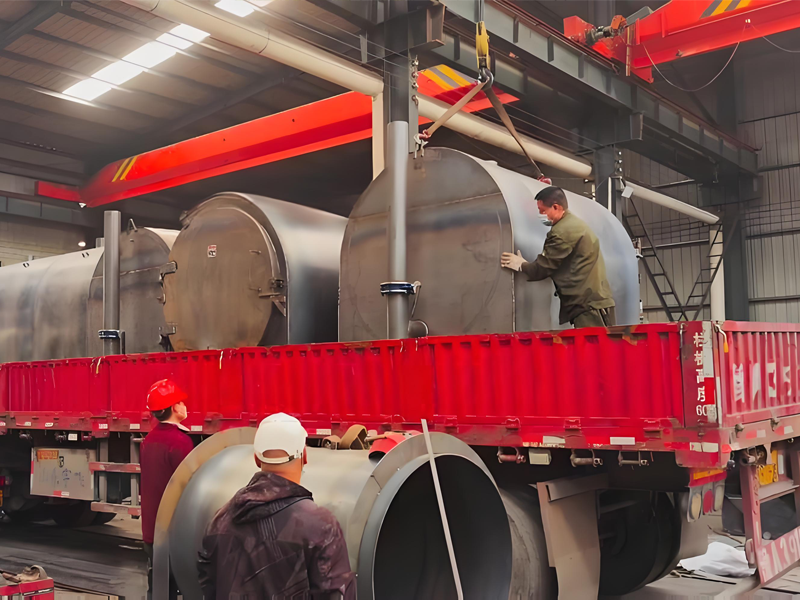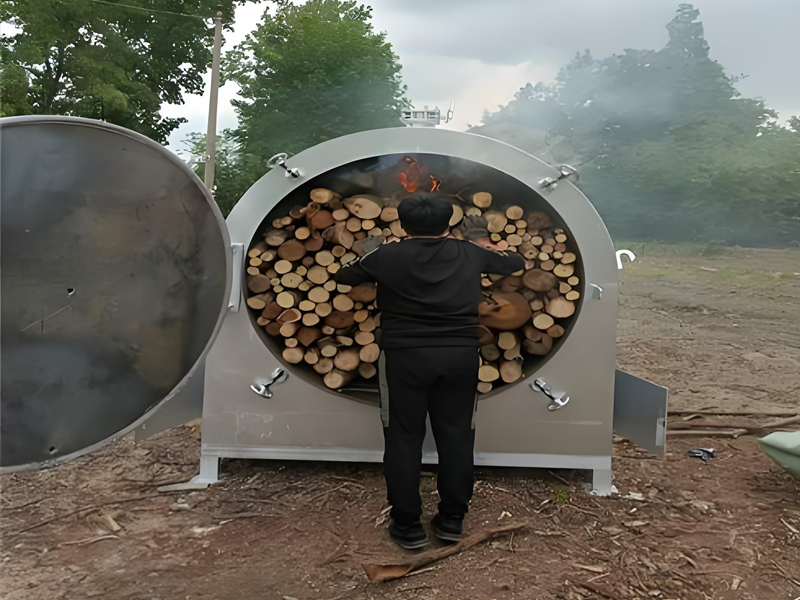carbonization stoves in rural communities
News 2022-06-14
- Waste-to-Wealth Solution
Rural areas often grapple with large volumes of crop residues, such as rice husks, coconut shells, and corn stalks. Traditionally, farmers burned these residues, causing air pollution and health hazards. Carbonization stoves offer a sustainable alternative by turning waste into biochar—a carbon-rich product used to enhance soil fertility. Farmers can either apply biochar to their fields to boost crop yields or sell it as a valuable soil amendment, creating an additional income stream. In India, for instance, villages using carbonization stoves have reported a 15–20% increase in agricultural productivity, according to a 2022 World Bank study - Energy Independence and Cost Savings
Many rural households rely on firewood or costly fossil fuels for cooking and heating. Carbonization stoves provide a dual advantage: they generate heat during the pyrolysis process, which can be harnessed for household energy needs, while also producing biochar. This reduces dependence on external energy sources and lowers monthly fuel expenses. In sub-Saharan Africa, NGOs promoting these stoves have observed a 30–40% reduction in energy costs for adopters, making them a financially viable option for low-income families. - Environmental and Health Benefits
By preventing open burning, carbonization stoves significantly cut down greenhouse gas emissions and particulate matter pollution. The biochar produced also acts as a carbon sink, helping mitigate climate change. Health-wise, reduced smoke exposure has led to fewer respiratory illnesses in communities, a critical improvement in regions with limited healthcare access. A pilot project in rural Cambodia found a 50% drop in respiratory issues among households using carbonization stoves over two years. - Government and NGO Support
The surge in adoption is further driven by governmental and non-governmental initiatives. Countries like China and Kenya have subsidized carbonization stove programs to promote sustainable agriculture and rural development. Training workshops on biochar application and stove maintenance have empowered villagers to maximize the technology’s benefits.


